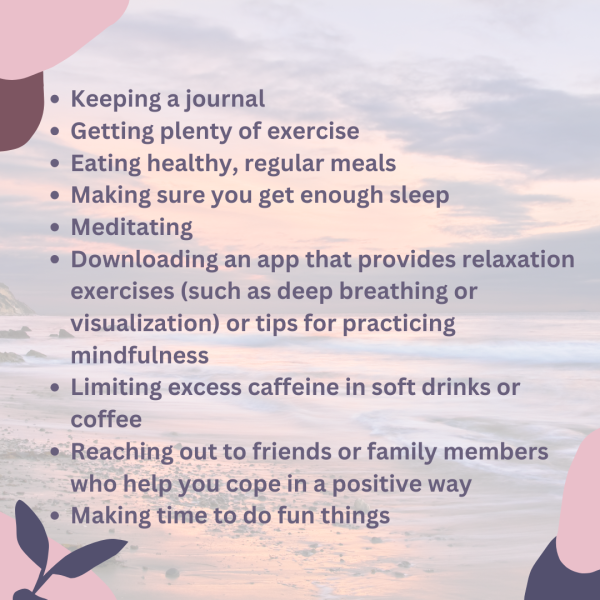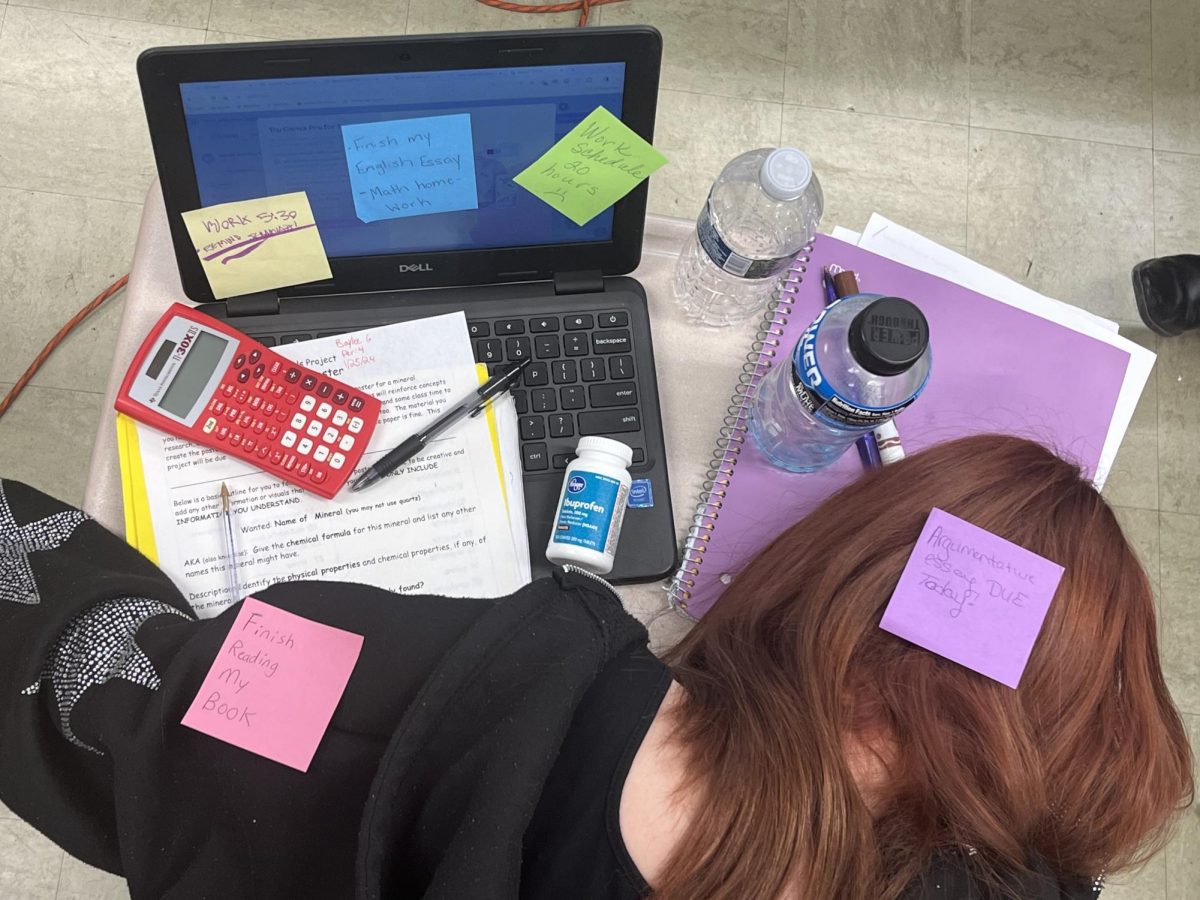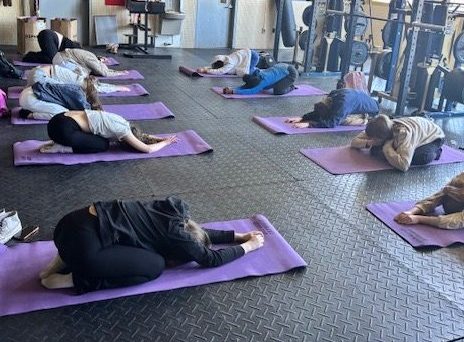School. Work. Social media. Peer pressure. Family. All of these things cause stress for people. Medical research proves that stress is very harmful both mentally and physically. What is the best way to cope? Exercise, diet, sleep, and meditation are common ways to decrease stress.
Stress serves an important purpose: it enables the body to respond quickly to threats and avoid danger. But lengthy exposure to stress may lead to mental health difficulties like anxiety and depression, or increased physical health problems (“10 Ways You Can Relieve Stress Right Now”).
In the past decade or so, stress has been one of the main factors that push teachers out of the profession (Gomez). Some Lancaster High School teachers shared some interesting ways that they relieve stress.

For LHS Physical Education teacher Dugan Bently, exercise is key.
¨I exercise every morning as a way to wake my body up. This gets my blood flowing through my spinal cord and brain. This allows me to increase my focus and alertness throughout the day. This increased focus directly impacts my productivity which impacts my stress levels. I am usually calmer if I am confident with what I am accomplishing,¨ he said.
An Australian study published in 2015 indicated that cat owners had greater psychological health, including a reduction in the symptoms of stress, anxiety, and depression, than those who don’t own cats (Yelpix).

LHS English teacher Kerri Means said she enjoys reading with a cat in her lap because it helps her to reduce stress after a long day of teaching.
“Petting or cuddling your cat can reduce the levels of cortisol, the stress hormone, in your body,” she said.
¨This leads to feelings of calm and happiness, decreased heart rate and blood pressure, and a calming of anxiety,¨ said Means.
A 2020 study conducted in Britain found that 61 people who took a 10-week course to learn to swim in cold seawater experienced greater improvements in mood and well-being than 22 of their friends and family members who watched them from shore.
LHS teacher James Hopper takes ice baths to help with stressors in his life.

“For stress and anxiety, the cold water helps your body give off endorphins throughout your body putting you in a better mood. Cold water calms the vagus nerve. Ice baths also lower your body temp and trigger more blood flow to your core,” said Hopper.
“When you are done with your ice bath your body starts to heat up sending the blood back to tissues helping improve inflammation, reducing pain, and making you more alert. The most you want to stay in an ice bath is 15 min. But you have to work your way up to that. I’m at five minutes right now,” he said.

If not into ice baths, consider virtual reality as a way to improve life. According to Penn Medicine, virtual reality can help reduce stress and provide an escape from daily struggles in a person’s day to day life (Maialetti).
“Virtual reality can help patients set aside outside distractions and focus on relaxation techniques that can be useful in reducing anxiety. Most patients have reported a reduction in their anxiety after using VR,” said Yuko Martin, MA, director of Allied Clinical Therapies at Princeton House Inpatient Service.
LHS teacher John Smith said that virtual reality really does help him reduce stress brought on by the demands of his job.
¨I have time crunches for my students like meetings, progress reports, and summaries of performances to complete. I try to cope with these stressful parts of my job with careful planning and organization. So, to relieve this stress, I look forward to time on my Oculus VR. It permits me to take on a different character in a virtual environment,¨ he said.
Sometimes quality time with loved ones can reduce stress.

LHS teacher Justin Rysz said that spending time with his children and controlling his own way of thinking makes him feel better when stressed.
“Changing my mindset to focus on the positive things helps me put the negative things in perspective. For me, stress can really amplify the magnitude of a negative and by refocusing, the challenge doesn’t seem as bad,” he said.
Students, too, must learn to deal with stress.
“Simply being a teenager can be hard. Your body is changing. You may be grappling with your sexuality or gender identity. Add to that the academic demands of high school and throw in the pressures of social media, and the tension mounts” (“Managing Stress in High School”).
This article also suggested the following coping strategies that students can use to help deal with the stress related to high school.









